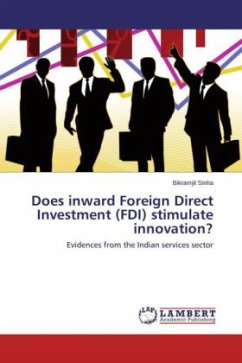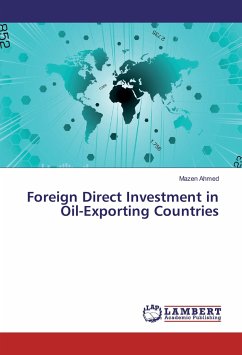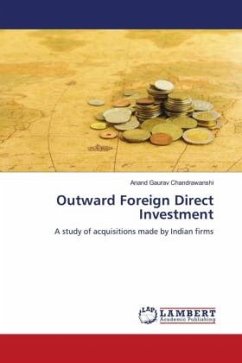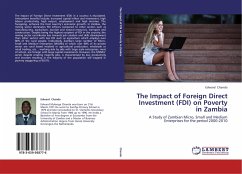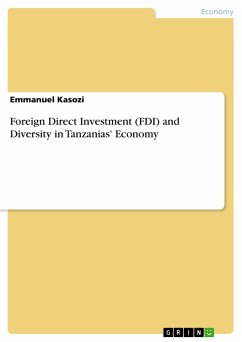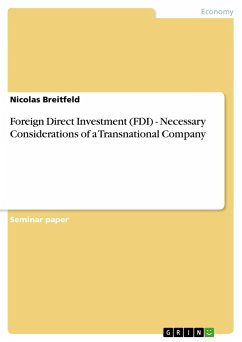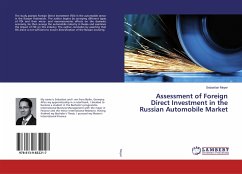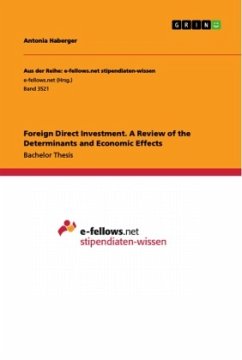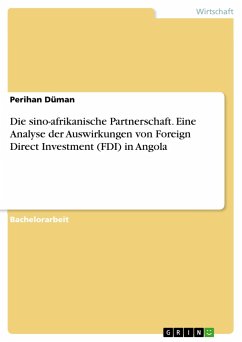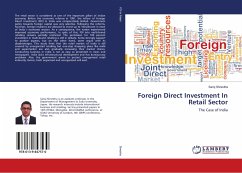
Foreign Direct Investment In Retail Sector
The Case of India
Versandkostenfrei!
Versandfertig in 6-10 Tagen
43,99 €
inkl. MwSt.

PAYBACK Punkte
22 °P sammeln!
The retail sector is considered as one of the important pillars of Indian economy. Before the economic reforms in 1991, the inflow of Foreign Direct Investment (FDI) in India was comparatively limited. Government policy towards foreign capital was very selective. Following the reforms, however, foreign investors are allowed to invest up to 100 percent in most of India`s economic sectors. As a consequence, the nation experienced improved economic performance. In spite of this, FDI into multi-brand retailing remains partially restricted. The permission for 100 percent investment in multi-brand r...
The retail sector is considered as one of the important pillars of Indian economy. Before the economic reforms in 1991, the inflow of Foreign Direct Investment (FDI) in India was comparatively limited. Government policy towards foreign capital was very selective. Following the reforms, however, foreign investors are allowed to invest up to 100 percent in most of India`s economic sectors. As a consequence, the nation experienced improved economic performance. In spite of this, FDI into multi-brand retailing remains partially restricted. The permission for 100 percent investment in multi-brand retailing is still in debate. Some strongly support its positive aspects, but on the other hand, some argue with its disadvantages. This study finds that the retail market of India is still covered by unorganized retailing but one-stop shopping place like malls and supermarket are also gradually increasing their market shares. Conducting business in India is not as easy as presented in news and newspapers. India lacks infrastructural development and has bureaucracy problems. Also, the government seems to protect unorganized retail indirectly. Hence, both organized and unorganized will exist.



